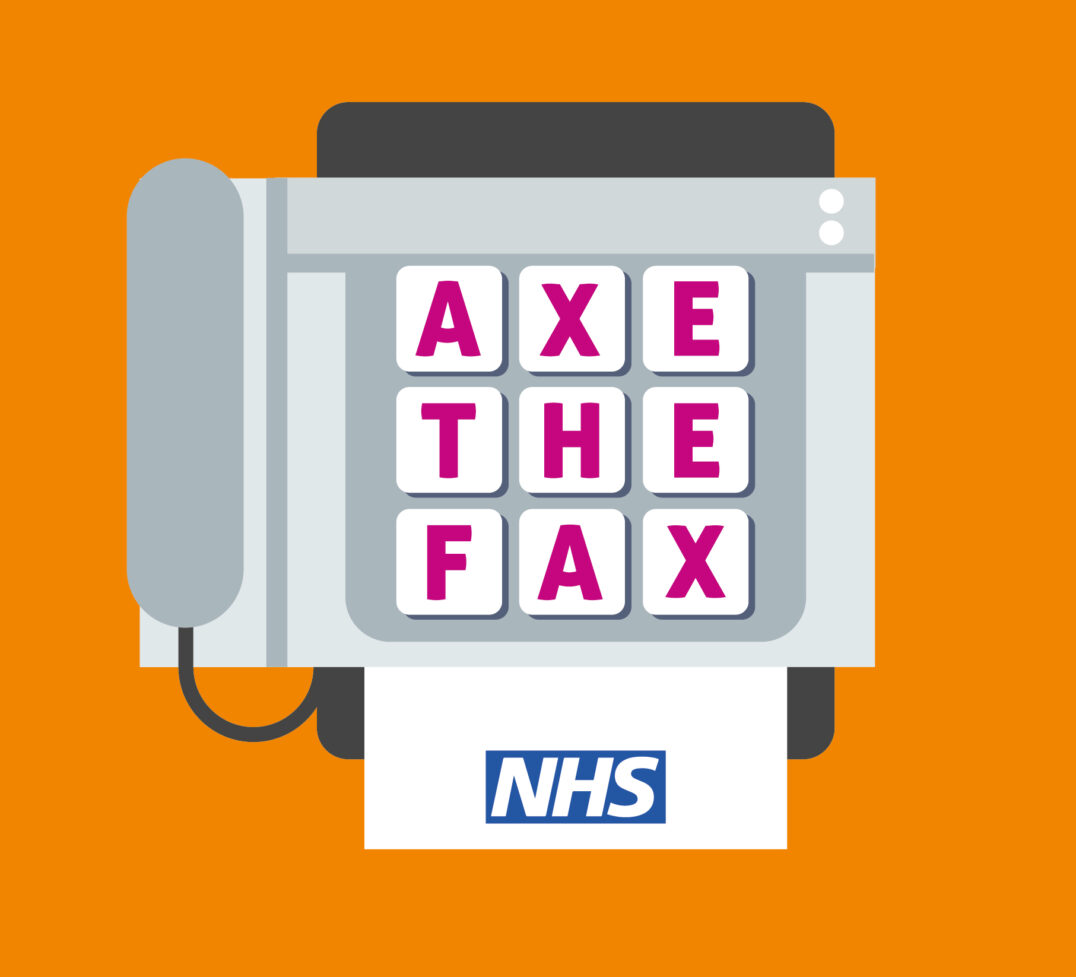Top challenges preventing NHS hospitals from axing fax machines
For an industry that is at the forefront of medical technological advancement, it would seem surprising that NHS hospitals, up until a year ago, still had more than 8000 fax machines in use across its trusts.

In the era of Alexa, Apple watches, self-drive cars and smart home systems, we associate the fax machine with a bygone age of analogue telephones anchored down by wires, dial-up internet and floppy disks.
Though criticisms of the fax machine system admittedly pale when opposed to huge leaps in other fields of medical technology, the ubiquitous nature of the devices pose huge risks in patient data security, accuracy in care and even to the lives and wellbeing of NHS patients.
So this begs the question: if they’re so dangerous, why have they stuck around for so long?
When asked in the Silver-Buck Q&A series, many NHS hospital trusts claimed that fax machines were used to send remote referrals, pharmacy orders from peripheral sites and other documents to GP surgeries and care homes.
It came to light in the Q&A sessions that many staff within the trusts were resistant to the removal of fax machines, with some not trusting seemingly ephemeral technology with such important documents. Another reason emerged alongside this: faxing is simply easier than getting to grips with a digital service.
Other limitations included the fact that phasing out the fax would create access equality issues. Patients with poor vision, hearing and/or learning disabilities could find a sudden system change difficult and concerning.
The Q&A with Somerset CCG revealed that there were some patient groups that were concerned that “an over-reliance on digital solutions excludes those who don’t have access to suitable IT equipment, WiFi or broadband.” With such a broad range of patient groups and inter-trust IT capabilities, the NHS appeared to always have issues concerning inclusivity and homogenous communication methods.
Even once digital alternatives have been introduced, there are still hurdles to overcome. Often patients will attend multiple NHS hospitals in their area, as well as the local GP surgery. This means that patient records need to be accessed from multiple locations. If each practice has a different digital system, this can pose interoperability problems, as Andrea Downey expressed in Digital Health: “Overall researchers found NHS trusts were using at least 21 different systems, leading to “critical deficiencies”.” If the systems don’t interact well with each other, it creates inefficiency.
Clinging to analogue methods was perhaps a way of negating these underlying issues, meaning that Axing the Fax was never going to be entirely straightforward.
However, since Leeds Teaching Hospitals NHS Trust decided to make the switch in 2018, an unprecedented number of hospital trusts have followed suit.
And when the government announcement that all fax machines are to be banned by April 2020, this provided the impetus for further NHS trusts to act, with many hospital spokespersons announcing that “security is paramount.”, becoming adamant to the point where they will not “take no for an answer” (Vicki Cooper, Head of Digital Transformation at Walsall NHS Trust) in regards to the switch.
A concern that has been at the forefront of this project is the issue of an interim solution. As was mentioned above, many rural practices and care homes are not currently equipped to adopt a digital service.
A key interim alternative for this has been offered in the form of electronic faxing solutions such as eFax, which is able to send and receive fax messages through a digital interface. This way, the more remote locations are able to keep their fax machines for the time being, whilst hospitals can go fully digital before the 2020 deadline. This also gives those in harder-to-reach places a little more time to formulate a plan to axe their faxes, which takes into account their more severe IT limitations.
With these interim technologies in mind, and a more focussed eye on the future, the NHS is sure to slacken its grip on it’s old friend the fax and welcome the more accurate and secure companionship of a digital platform.
.